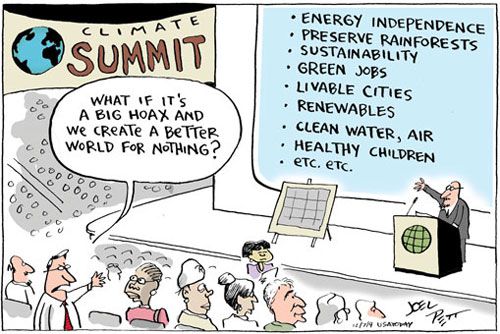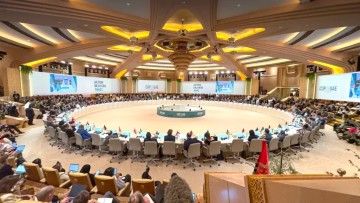Back in 2016, Jamie Dimon dismissed the annual Davos meets as billionaires telling millionaires about how the middle class should work harder to help the poorest class (at least that’s what X / Twitter tells me so it must be true). It was easy to be similarly sceptical about global efforts on climate change when some 85,000 (estimates vary widely) delegates descended on Dubai last month for the latest Conference of the Parties, an attendance up from 49,000 at Sharm el Sheikh in 2022 and a mere 5,000 in the early years … not to mention all those private jets.
Sadly Logie Group was unable to make it but, after a recuperative fortnight of lotus eating in a frangipani garden off Sukhumvit, we have shaken off any lingering cynicism about this enormous investment of time and carbon (just as areas these days are measured in football pitches or Belgiums and volumes are measured in swimming pools, Bloomberg has come up with Taylor Swift years … no, me neither) and can offer several high level observations.
So, here is the closing press release.

But then we get into the difficult stuff like who pays?
The private sector can, of course, contribute funds, risk appetite, expertise and more … up to a point. A fundamental difficulty is that, overall, no direct revenues are generated. The private sector is required to deliver reasonable returns for its investors; beyond this, govts (for which, read tax payers) must, directly or indirectly, shoulder much of the responsibility. Carbon credit schemes and their like redistribute risk, they don’t eliminate it.
And which govts pay? Pain must be spread as widely as possible. China and India, in particular, are the most needy and need to change the most.
Replacing a fossil fuelled society with an electrified one – not just building renewable generation capacity but also upgrading the electricity grid and building back up generation to handle its intermittency, fully costing renewables’ decommissioning, recognising their shorter economic life, replacing 1.5 billion motor vehicles, replacing countries’ entire network of filling stations, the list goes on – will cost a pretty penny. Could this money be better spent on, for example, cleaning up water supplies? Or can society raise sufficient taxes to pay for both?
It also brings political risk, in particular an extraordinary reliance on China. In 2022, China already mined 70% of the World’s rare earths; manufactured 78% of the World’s solar panels; installed 60% of global wind turbines; and produced 60% of the World’s electric vehicles.
If they can be made to work, Just Energy Transition Partnerships and the like could be a start but, as I have said before and as Chris Martin continues to sing (but still not in Hong Kong), nobody said it was easy.







